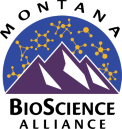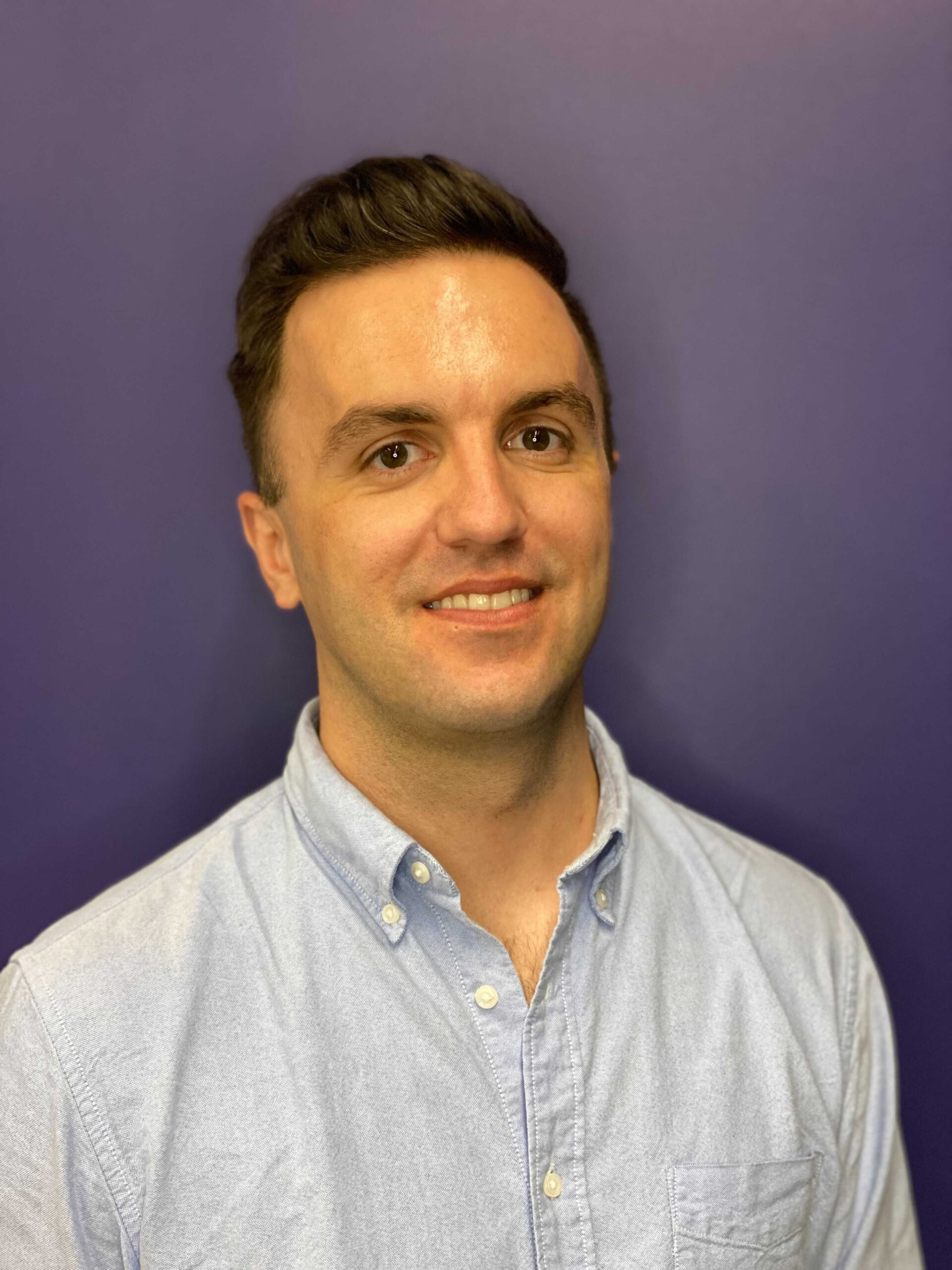In late 2022, Dr. Jon Laurent stepped into a consulting role to work on new opportunities after more than two years, which he describes as intense, at the Pandemic Response Lab (PRL) in New York City. There he and other scientists developed critical platforms to increase testing during the COVID pandemic. Dr. Laurent was co-founder of the lab that opened in August 2020 and worked closely in its development with NYU Langone Health and Opentrons Labworks, a New York based lab robotics company.
Dr. Laurent was working as a postdoctoral research fellow at NYU Langone Health when COVID hit. He and his colleagues already were aware that the country was facing a serious and devastating outbreak.
“New York City became the epicenter early in the pandemic and was quickly overwhelmed,” he said. “Our lab on the NYU Langone campus was right across the street from the main Manhattan morgue. We could see it and were right in the middle of it all.”
As a result, PRL was formed to pursue a testing solution. At the time, Dr. Laurent had developed methods for high-throughput investigation of genetic disorders using technology platforms that were also applicable to large-scale COVID testing. His research quickly switched to pivoting the platform to provide for fast and accurate testing to help combat the disease in New York City and around the country.
Before completing its work in December 2022, PRL processed over 11 million SARS-CoV-2 tests.
Dr. Laurent credits his Montana upbringing for setting him on a course that led to his current work. He was born in Hamilton and attended Billings schools. He received his B.S. degree from Montana State University Billings in 2009, followed by his Ph.D. in Cell and Molecular Biology from the University of Texas Austin in 2016. He praises the education he received in Billings and believes Montana students are given opportunities to learn that aren’t always available in larger areas. For example, when he was an undergraduate at MSU-B, he was able to make significant contributions to research in the labs of professors like Dr. Kurt Toenjes and Dr. David Butler. At larger schools, he says, those options are generally reserved for graduate students with undergrads simply providing routine assistance.
He says, too, that growing up in Montana and spending many hours outdoors learning about nature or visiting places like the Museum of the Rockies in Bozeman resulted in a passion for science and strongly influenced his career path.
“I was interested in how things worked,” he said, “and my parents encouraged my curiosity.”
When his mother passed away from ALS while he was at MSU-B, Dr. Laurent said his decision to pursue a path in biosciences was solidified because he wanted to solve problems like that.
When he reflects on why he and others choose science for their life’s work, two reasons surface – one is the desire to know more about the world and how the things living in it work, and the other is how to use that knowledge to better humanity. Still, he says, COVID has shown that challenges exist to this understanding of science.
“The COVID pandemic could have had a huge impact in showing the world what science can do and how science can help people when we really put our minds to it. The explosion of published information about SARS-CoV-2 as well as the rapid development of highly effective vaccines are certainly examples of this, but it’s also had this negative effect because a portion of the population doesn’t believe the science, or thinks that the scientists are after them or misleading them. We must encourage people to understand that science is a rigorous and demanding discipline. We’re not trying to deceive anyone.” Dr. Jon Laurent, December 2022.

